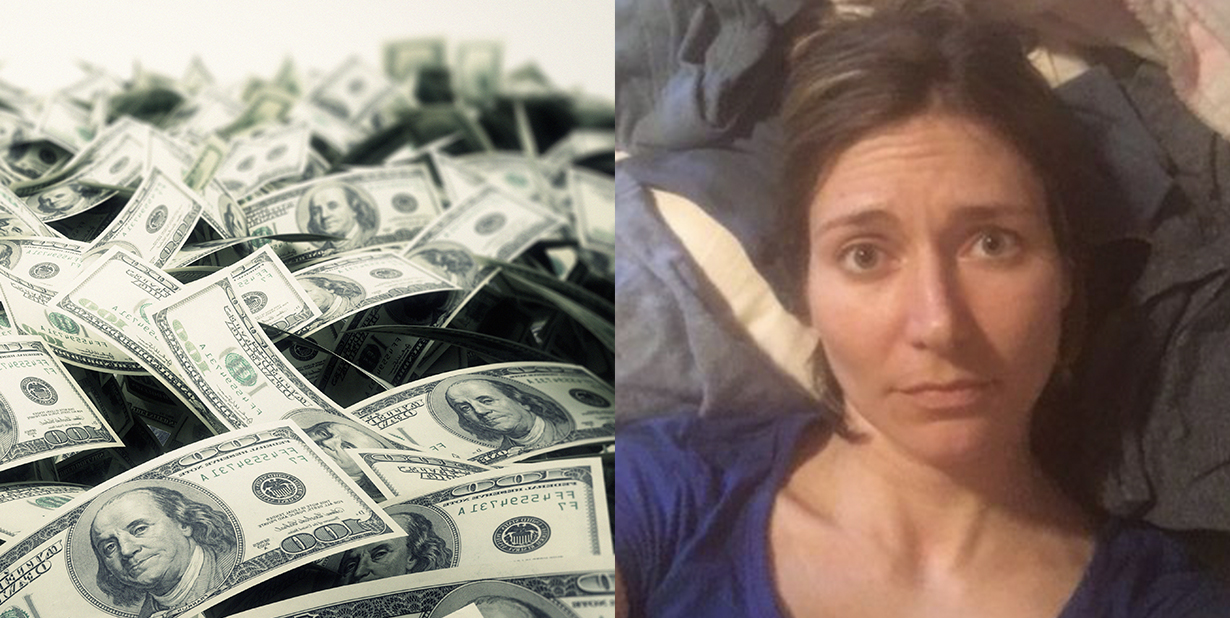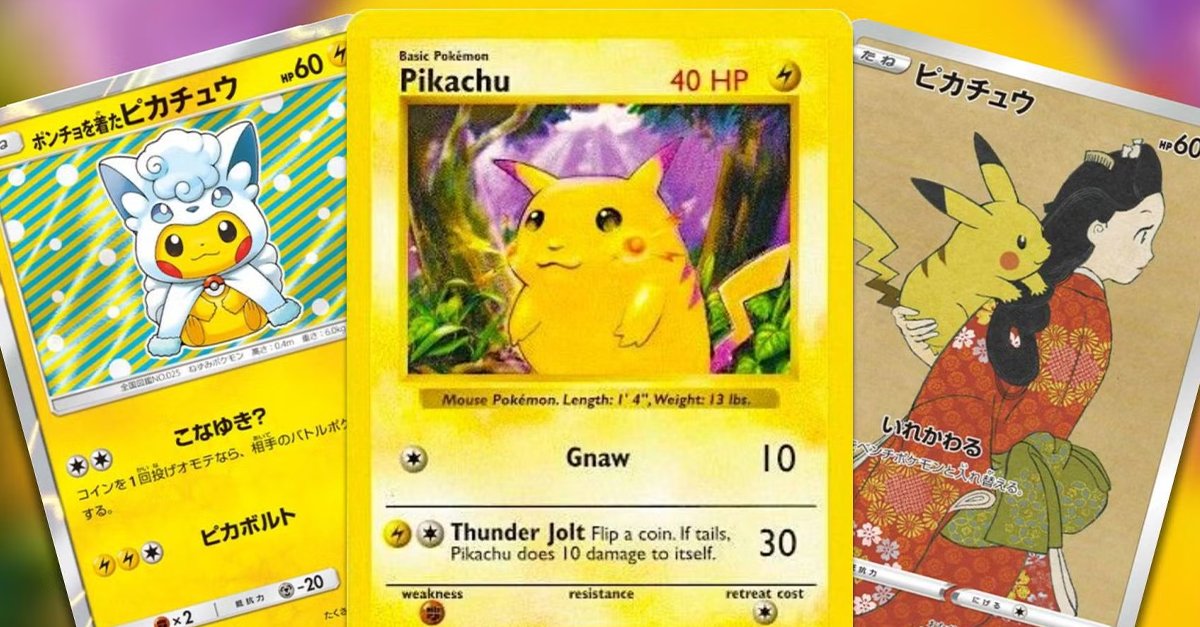The True Cost of Cheap: Why Opting for Lower Prices Now Might Cost You Later

It's quite tempting to reach for the less expensive option when standing in the aisles of a store, especially when budgets are tight. The allure of saving money right now is undeniable.
However, the adage, “You get what you pay for,” often rings true in many scenarios, showing us that the initial savings can become eclipsed by later costs. This article will delve into why opting for lower prices might cost you more down the road and provide examples and alternatives to navigate this financial conundrum.
Sacrificing Quality for Price
Often, inexpensive items come with a hidden cost – reduced quality. Cheaply made products tend to have shorter lifespans and can break or wear down more quickly than their quality counterparts.
For example, a $30 pair of shoes might wear out in six months, while a $100 pair could last for several years, providing better value over time.
Alternative: Prioritize purchasing items with a solid reputation for quality and longevity, even if they come with a higher price tag. It's an investment in longevity and durability.
Frequent Replacements Add Up
The need to replace cheap items frequently not only accumulates financial costs but also consumes time and energy. Repeatedly replacing items like kitchenware, clothing, or electronics due to their inability to stand the test of time could have you spending more than if you’d opted for a higher-quality alternative in the first place.
Alternative: Seek out brands and items that come with robust warranties or guarantees, ensuring that the company stands firmly behind the longevity of their product.
Hidden Costs and Future Expenses
Inferior products can sometimes lead to additional costs. For instance, a cheap car might be plagued with mechanical issues, causing you to shell out more for repairs than you might have spent on a slightly pricier but more reliable vehicle.
Alternative: Conduct thorough research and read reviews before making a purchase to anticipate potential future costs tied to a cheaper option.
The Environmental and Ethical Impact
Lower-priced items often involve low-cost production methods, which can sometimes be less sustainable and ethical. Fast fashion, for example, not only tends to wear out quickly but also often involves exploitative labor practices and environmentally harmful production methods.
Alternative: Look for companies that emphasize ethical production and sustainability, even if their products come at a slightly higher price.
Impacts on Health and Wellness
In some instances, cheaper items, especially in the food and furniture sectors, might have negative impacts on health. Cheaply produced food might be less nutritious and more processed, while inexpensive furniture might lack the ergonomic design vital for maintaining posture and preventing pain.
Alternative: Prioritize items that directly impact your health and well-being and consider spending a bit more to ensure they contribute positively to your life.
Cheaper Can Mean Less Efficient
When it comes to appliances and electronics, less expensive models might be less energy-efficient than their pricier counterparts, leading to higher utility bills over time.
Alternative: Opt for energy-efficient appliances and gadgets, which, while potentially more expensive upfront, save money in the long run by reducing energy consumption.
Final Thoughts: The Worth of Wise Spending
While our wallets might sigh in relief at choosing the cheaper option today, it's crucial to pause and consider the true cost of cheap in the long run. Investing in quality, sustainability, and durability not only saves in future expenses but also supports ethical practices and personal well-being.
Making mindful, informed choices about where and how we spend our money can pave the way for a future of financial stability and conscious consumption.
It’s imperative to navigate the aisles of spending with an acute awareness of the hidden costs that may lurk behind a smaller price tag. Balancing immediate financial relief with long-term financial strategy ensures that our purchasing habits fuel a stable and sustainable financial future.














